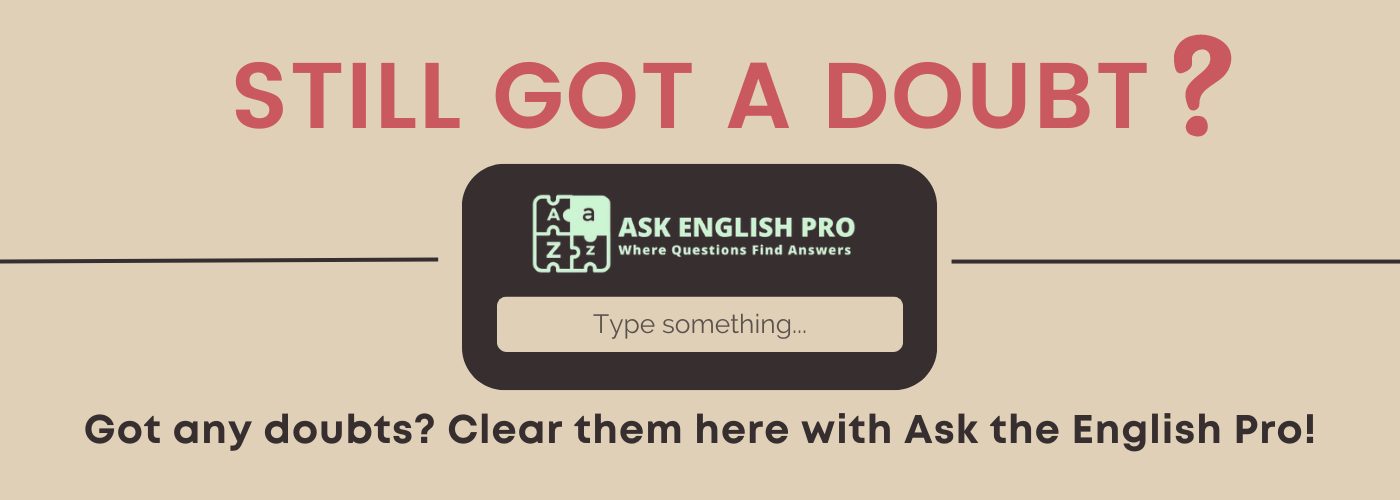Detailed Article for the Word “Intellect”
What is Intellect: Introduction
Like a sharp blade carving through complexity, “intellect” represents the power of thought that allows us to understand, analyze, and create. It is the spark that illuminates ideas, the foundation of innovation, and the means by which we explore profound questions of existence. Intellect fuels scientific discovery, artistic mastery, and philosophical insight, making it a defining trait of human achievement. In today’s information age, where knowledge is both abundant and essential, intellect remains a treasured asset, shaping how we engage with and contribute to the world around us.
Origin and History of the Word Intellect
The word “intellect” has its roots in Latin, from “intellectus,” meaning “understanding” or “perception,” derived from “intellegere” (to understand). This Latin term combines “inter” (between) and “legere” (to read or choose), suggesting an ability to “read between” or perceive deeply. The term was adopted into English in the late 14th century, initially referring to the mental faculty for understanding and reasoning. Throughout history, intellect has been celebrated in philosophical and academic traditions, representing the human capacity to engage in critical thought and contribute to knowledge.
Meaning and Definition of Intellect
Intellect (noun):
- The faculty of reasoning, understanding, and thought
- High mental ability; intelligence and critical thinking
- An individual of exceptional cognitive capacity
How to Pronounce Intellect
IN-tuh-lekt
How to Remember Intellect: Memory Tips
To remember “intellect,” think of “inter-” (between) + “lect” (to choose or understand), representing the ability to understand complex things by “reading between the lines.” Picture a wise owl as a symbol of intellect—a creature often associated with deep thought and knowledge. Another aid: link intellect to “intelligent,” since both relate to cognitive abilities. Visualize a magnifying glass revealing hidden details; this process is like intellect, which helps us uncover and understand deeper meanings.
Intellect in a Sentence: Examples and Usage
- Academic: Her intellect and dedication made her a standout in her field.
- Philosophical: Great philosophers are known for their profound intellect, exploring complex ideas about existence.
- Social: His wit and intellect made him a captivating speaker at social gatherings.
- Scientific: The scientist’s intellect was crucial in advancing understanding of genetic structures.
- Historical: Leonardo da Vinci’s intellect spanned multiple disciplines, making him a true Renaissance man.
- Professional: In her role, she applies her intellect to solve challenging strategic issues.
- Creative: The writer’s intellect shines through in her complex characters and intricate plots.
Difficulty Level of Using Intellect
Basic to Intermediate:
- Widely recognized and used in everyday language
- Clear primary meaning but may require context for nuanced use
- Appropriate in formal and informal contexts to describe cognitive abilities
Modern Usage of Intellect in Contemporary Context
Today, “intellect” plays a central role in discussions around education, innovation, and human achievement. In academic circles, intellectual ability is a core focus, with institutions dedicated to cultivating young minds through critical thinking. In the professional world, “intellect” is a valued asset in fields like technology, finance, and law, where high cognitive abilities drive innovation and strategic insight. Intellect is also highly prized in digital media, where thought leaders and content creators contribute to public discourse on science, philosophy, and the arts. As technology evolves, some have raised concerns about “artificial intellect” and its implications, posing questions about the unique qualities of human intellect versus machine learning and AI. Thus, intellect remains not only a personal trait but a concept influencing the future of knowledge and society.



















